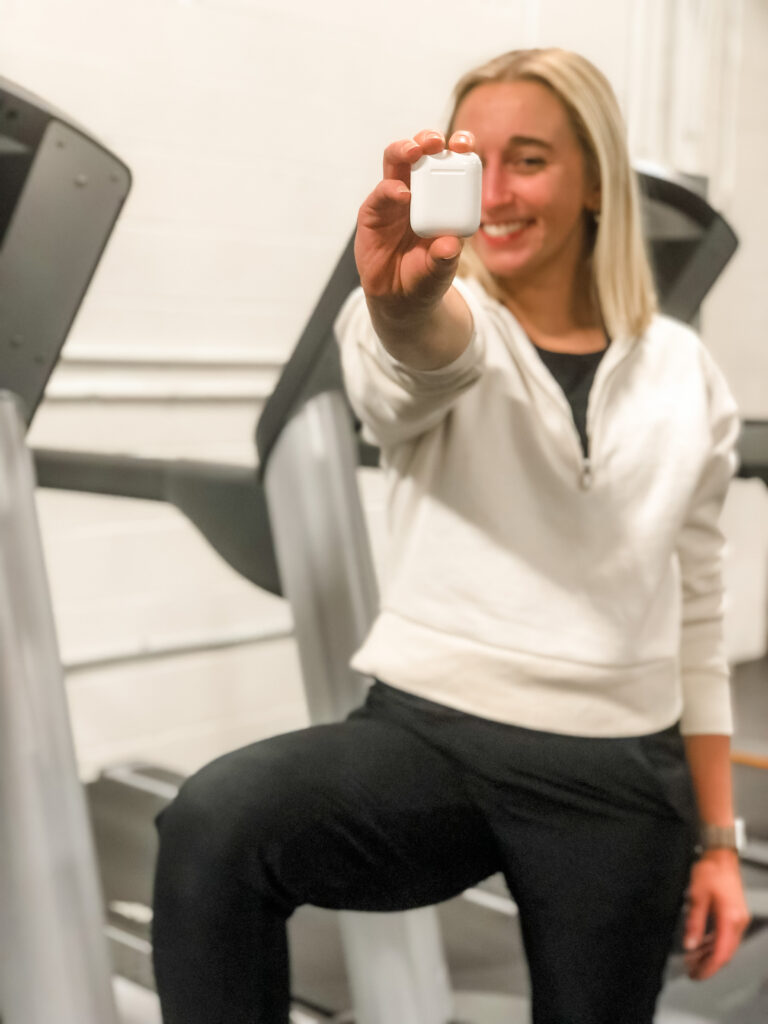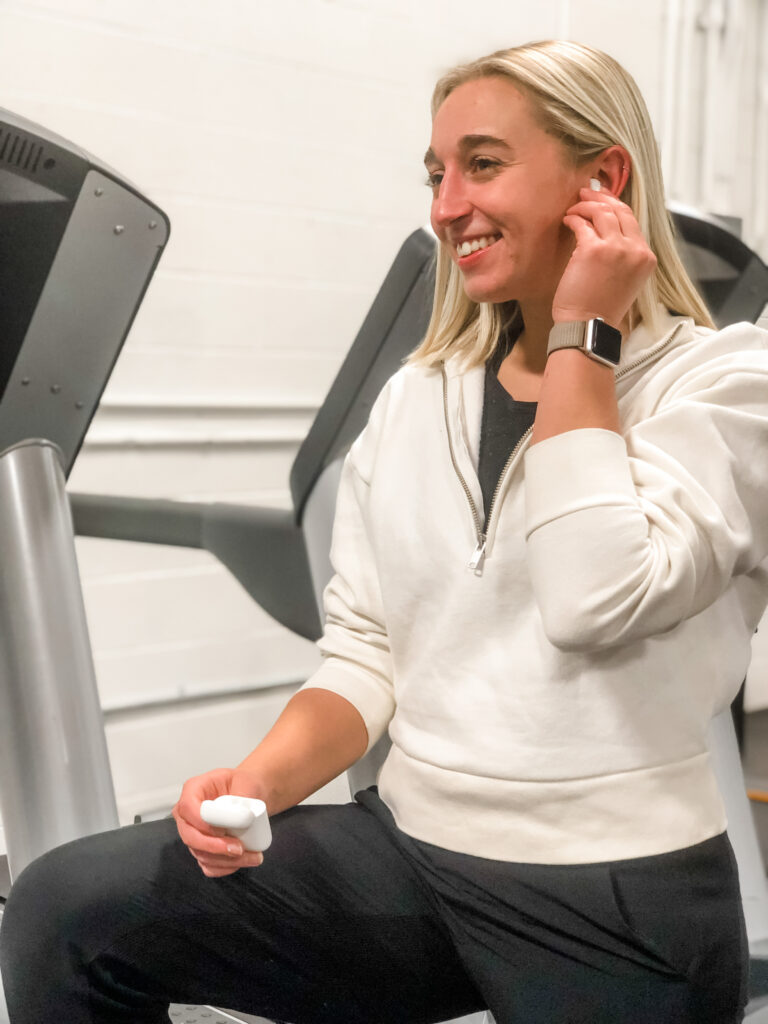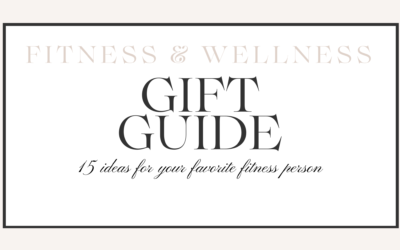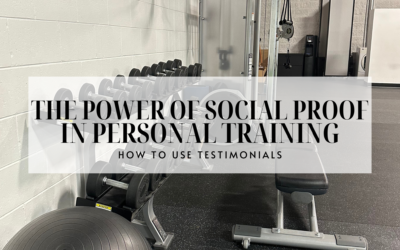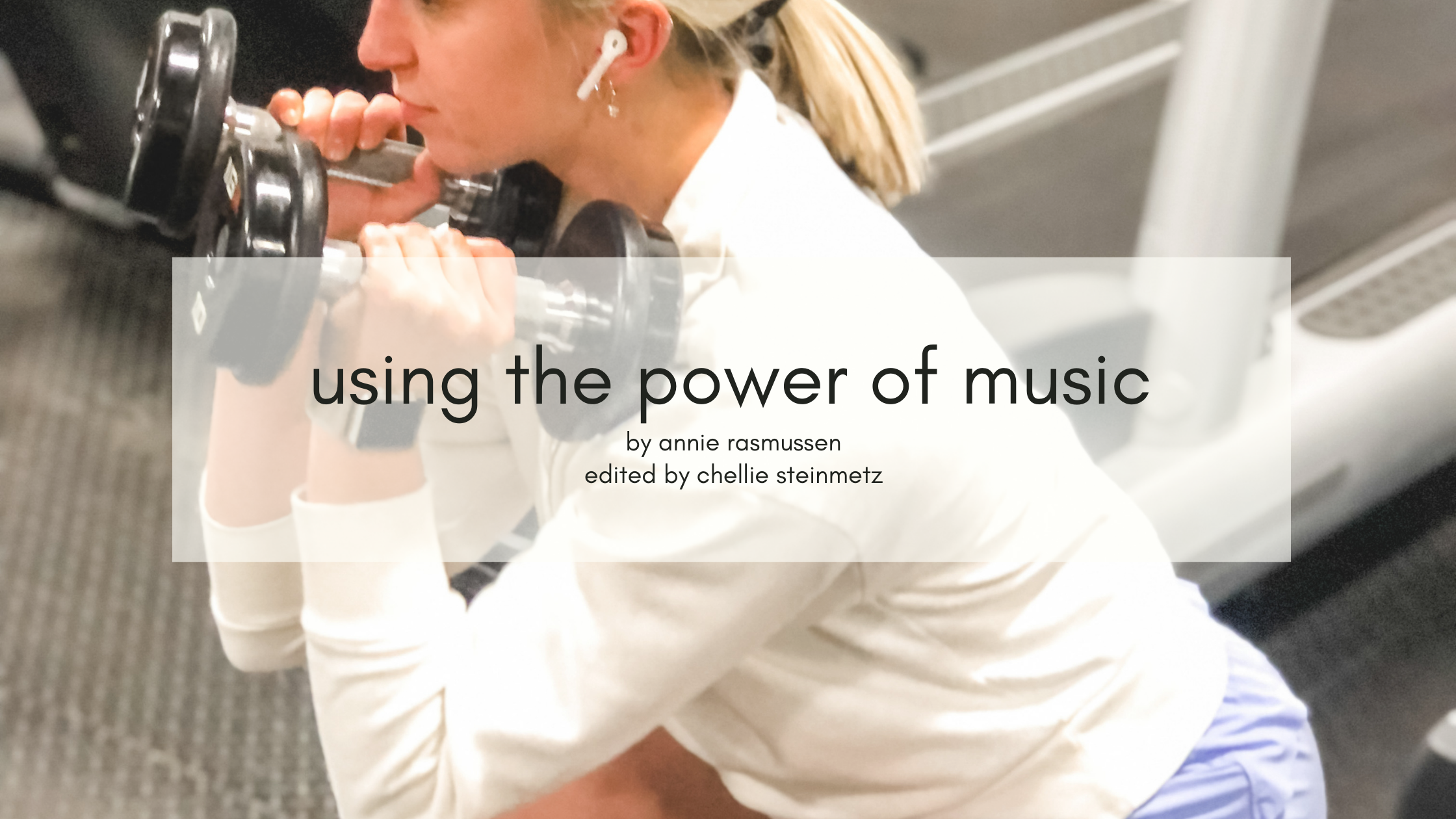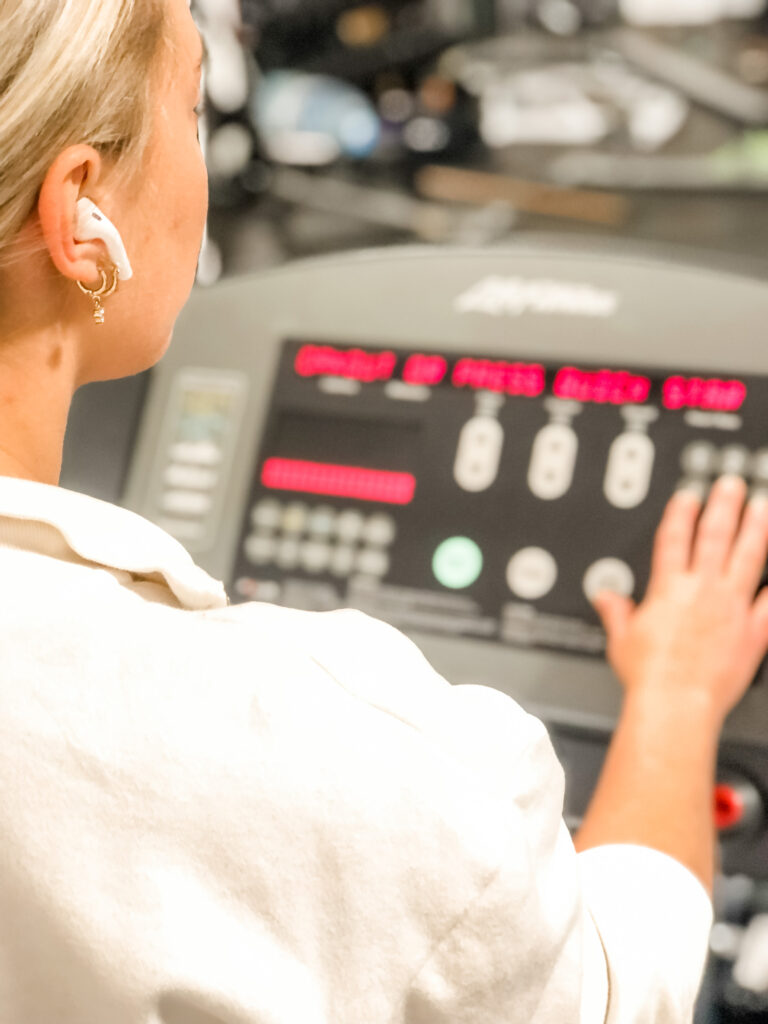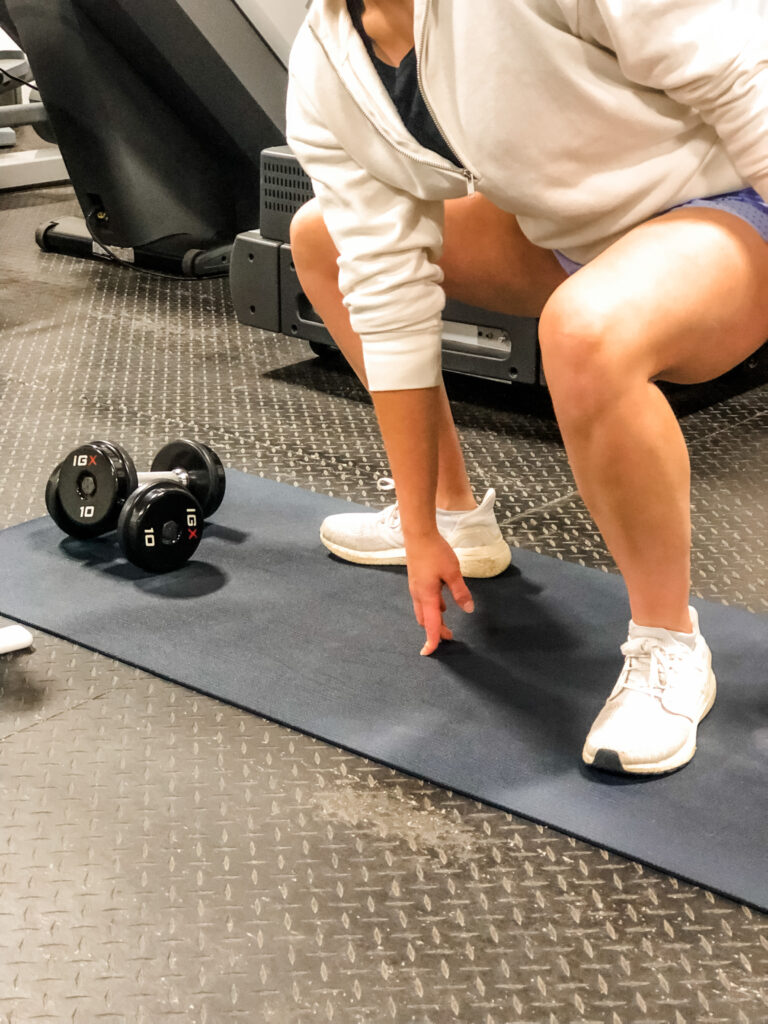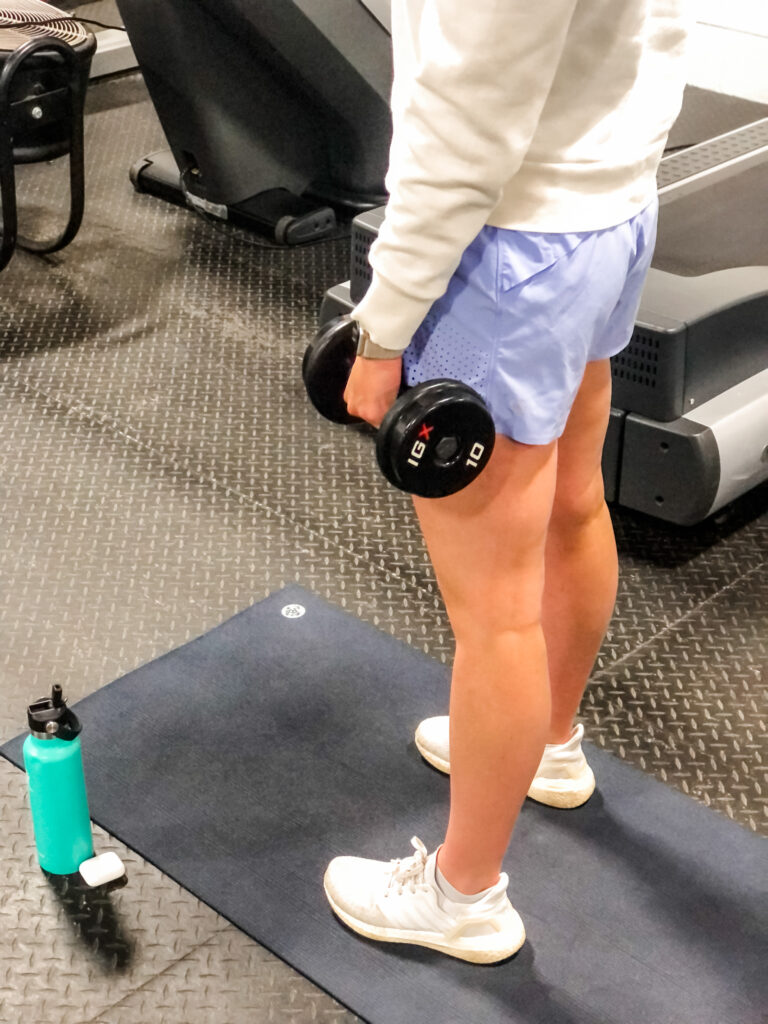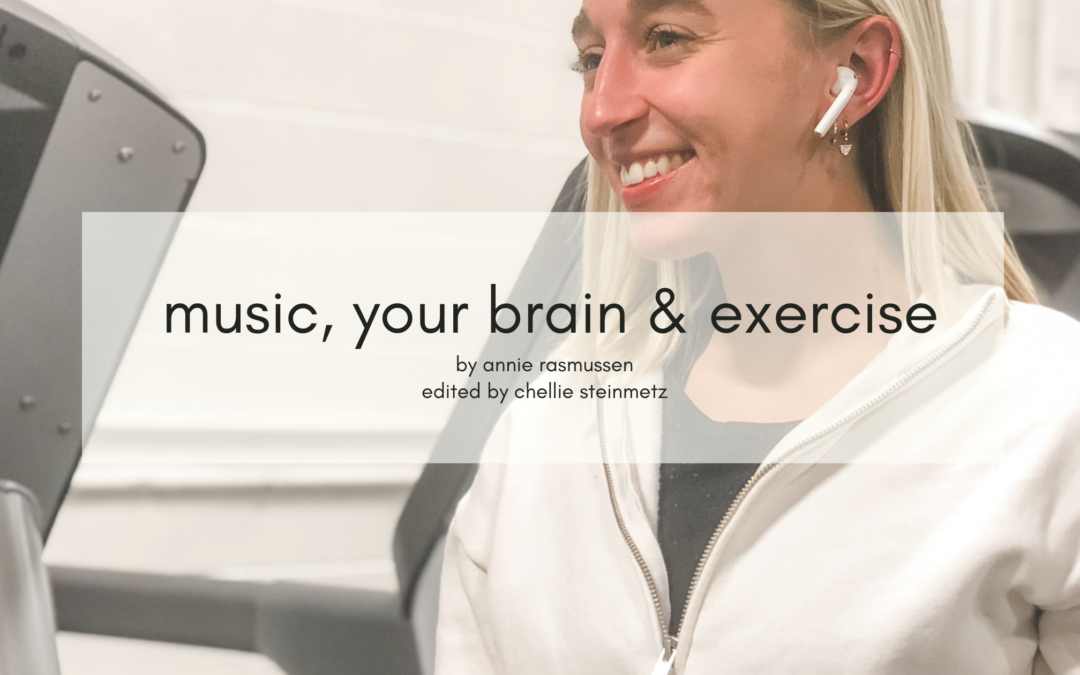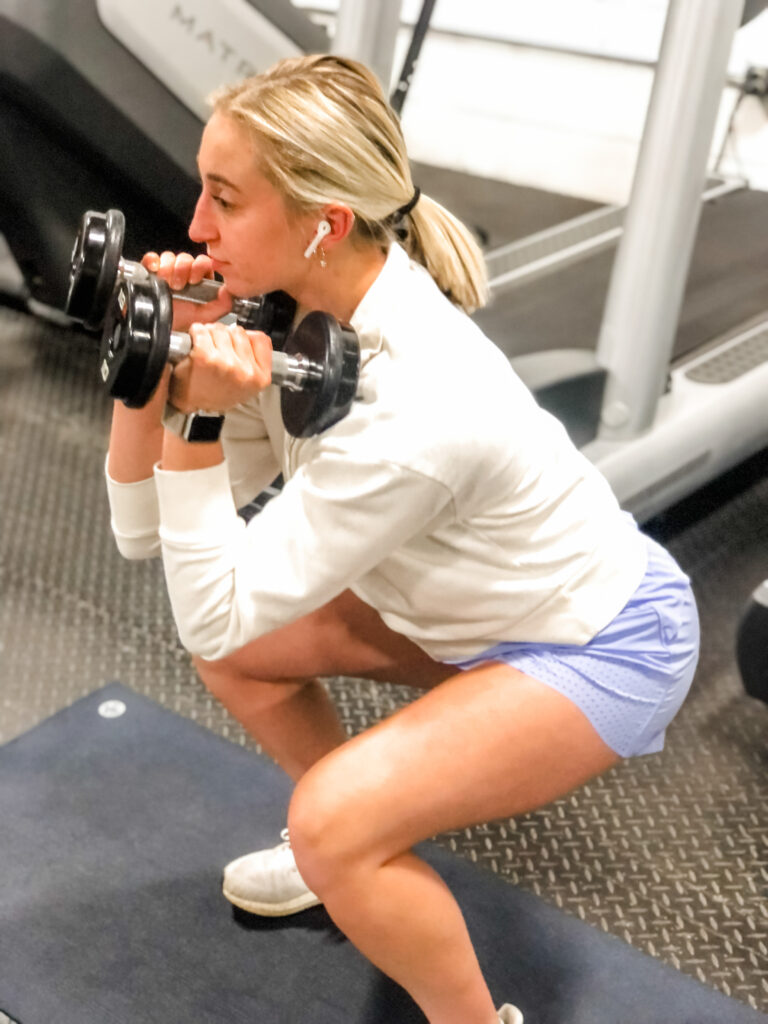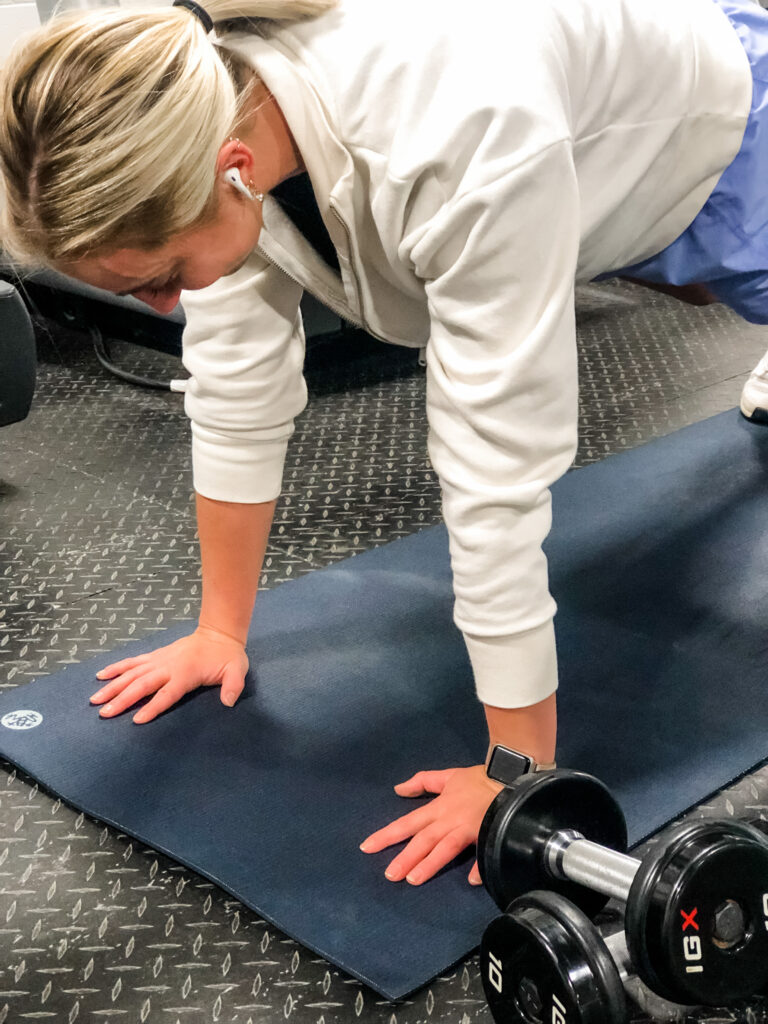As the heartbeat of the fitness world, personal trainers hold a unique power - the power to transform lives, ignite passion, and inspire lasting change. Now, imagine channeling that incredible force into something even more extraordinary - your own fitness business....
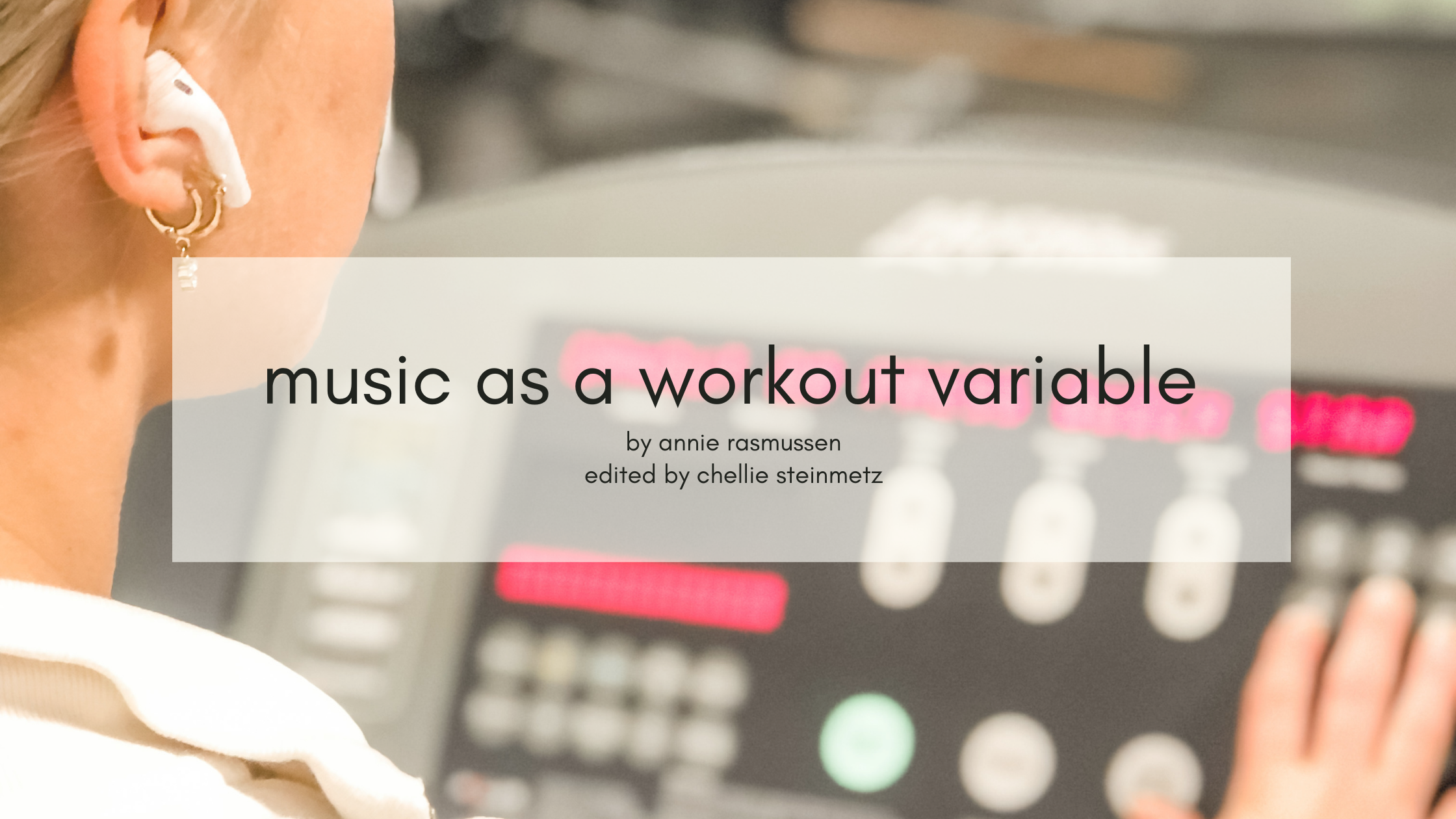
5 Ways Music Can Impact Your Workouts
Whether or not you realize it or even like it, music can impact your workouts by responses beyond your control. Believe it or not, these impacts are way more real than you think. So the big question is, how can we manipulate this to get the most out of our workouts?
Here are 5 ways music can impact your workouts
Oh, and if you want a free workout that is timed to a playlist so you can embrace the music, then subscribe to our newsletter.
1. INSPIRE
I am one of these people that will spend 5 minutes making sure I have the right song for a 2 minute drive down the road. My workouts are no exception.
I have different playlists curated and genres that work best for me when it comes to powering through that last leg. It never fails to amaze me the impact the music playing has on my workout.
But maybe you’re not like this. Maybe you’re someone who could not care less what song is playing. Maybe you even like to workout in silence. I have a lot of questions for you, starting with why.
Like we have talked about in our enneagram type and exercise, everyone has unique preferences. It is important to know yourself before you create goals. If you don’t know where you are now, you cannot form these goals or the steps to get there.
Same thing with your music taste! You cannot use it to your benefit if you do not know what you prefer. If you are in this boat, do some exploring and enjoy the process. Try various playlist styles while you discover your music preference. And read more about developing playlists and using music in your workouts by reading The Power That Music Has On Your Workout and How To Use It.
Once you find the right music you will see how music can impact your workouts. It can help to create consistency in your training. You can lean on it when you are tired or not “feeling” the workout. And it can serve as positive reinforcement to help you stay disciplined.
2. FLOW STATE
Have you heard of the term flow in sports psychology? This was a term I not only had in my classes in college but experienced first-hand as a collegiate volleyball player.
This is the psychological state of mind in which all our outside awareness of self diminishes and our sole focus is on the task at hand. There is a sense of mastery in this state. We feel more than equipped to take on the task at hand.
So what on earth does this have to do how music can impact your workouts!? Bear with me.
I am sure you have felt this in your workouts at some point or another. You are in the zone. Where the reps feel good. The weight is challenging, but not impossible. Nothing can distract you. And you feel like nothing can stop you.
That is it. Flow.
And most of the time music is contributing to us reaching the flow state. Because music elicits such a strong physical, mental and emotional response. I shared how the body responds to music in How Music Can Help Your Workout By Impacting Your Brain. I highly recommend you check it out to get a more in-depth understanding of the relationship of music and exercise.
While music is not the sole reason for us being able to get into a flow state, it can be a huge contributing factor. After all, reaching the flow state is a result of the alignment of many variables. Music is a variable you can manipulate to reach your workout goals.
3. BUILD A ROUTINE
We talk a lot about habits outside your workout routine. Your sleep schedule, journaling, water intake, etc. What about the impact of your habits as you get into your workout?
I know if I go into the gym on a rainy day where I have softer music playing and my hood over my eyes I am likely to have a less effective workout. Now this is not to say this cannot be turned around, however you want to set yourself up for success. Listen to something that you know will excite you.
This does not mean you have to listen to the same song everyday. It means that building a routine that includes pre-workout habits designed to increase your individual workout success will increase your overall consistency and success. Music is a pre-workout habit.
Use music to build a routine. Starting before the workout and continuing after. As I mentioned, using music to focus before a workout can be helpful. But music can also impact your workouts after when you take time to reflect. And reflecting can help to build positive momentum for the next workout.
A little tangent here…
Is what you are consuming between your ears helping you reach your goals? Seriously. We know music is insanely powerful. That means anything we are listening to can hold a similar power from TV to Podcasts to friends. You choose what you listen to, so make a choice that supports your goals.
4. REINFORCE SELF-BELIEF
Now let’s be honest here, have you ever found someone with the exact same music taste as you? Likely not. If you have, please never let that friend go.
Reality is we all have a unique soundtrack that clicks with our brain. This is not just what we like hearing, but can also be attributed to what we listened to growing up. Hence why the memory aspect of music is so powerful.
Not only is it preference, but the words behind the music. Have you ever had a song lyric give you chills? Or have it stuck in your head and put you into deeper thought?
Like when you’re on a plane, look out the window and listen to “Rivers and Roads” by the Head & the Heart. Chills. Try it out next time, it will make you get all the feels.
Now take that into account for your workout. Think about where you are trying to get your mind to go. Pick music that will help you get there or as I said above listen to music that supports your goals.
There is another psychological term that comes to mind here, self-fulfilling prophecy. Now many of you have probably heard or used that phrase, but this is not a euphemism. We are inclined to believe what we tell ourselves, for our own good.
Like a placebo we feed our minds.
SONGS THAT FUEL MY WORKOUTS
So maybe when you pick a song for your workout, you find songs that give you a prophecy to fulfill. Something like: “I have been fighting for this dream in my soul, and I won’t let it go” from the song “Higher” by The Score.
Or you hear these lyrics, “I’m free to be the greatest here tonight” from The Greatest (feat. Kendrick Lamar)” by Sia, on the last set of your squats. You think about your “why”.
The reason you are working so hard, why you even started working out in the first place and the importance of your fitness goals. Suddenly that last set doesn’t seem so bad because you won’t let go of your goals.
“Confident” by Demi Lovato is one of my favorite songs to do cardio to. I mean the lyrics literally state “I got stamina”. But besides the point.
This simple lyric, “You have had me underrated. What’s wrong with being confident?”, gives you the permission to go for it in your workout. To reach your full potential no matter what obstacles are in your way. If you let yourself absorb that lyric and allow yourself to believe it, it may just change your workout.
You can also subscribe to our newsletter and get a workout that is timed completely to the music. Click here to subscribe and get your free workout.
Time for another tangent…
I think people aren’t talking enough about how tough it is to walk into a gym with confidence. Intimidated by people who basically live there, it can be tough to find your place. What you tell yourself is a huge part of your comfort, confidence and success. Lyrics can feed the confidence in you so you can feel ready to take on your workout. I have more tips for overcoming this anxiety in my go-to workout and tips for the gym article.
5. THE EXTRA 1%
When you are consuming music it is more than just hearing. You are actually stimulating our frontal lobe. This is an area that is much bigger than animals’ brains and is responsible for decision-making and planning.
When you put music on that influences your belief that you are capable of doing difficult things, you are using that to impact your next decision. Music could give you the strength you need to get that extra 1% out of yourself and into your workouts.
Do you know what I’m talking about? It is that last little bit of effort that we tend to hold on to at the end of workout. And it is often a difference maker – mentally, physically and emotionally.
The energy and lyrics from music can get you to push into that 1% and truly leave it all on the gym floor.
And for those of you wondering why you would want to do that … well, try it. See what you are capable of. Feel what that does for your confidence.
START USING THE 5 WAYS MUSIC CAN IMPACT YOUR WORKOUTS
Now it is your job to put this to use. When you are working out and you hit that point where you are just staring at the weight. Hoping it lifts itself. Turn on a song (try one of the ones above) with inspirational lyrics.
Imagine that it’s not Demi Lovato or Sia singing. But it is you. Telling yourself you are capable of doing this next thing. It may seem cliche or just plain stupid. But I promise you, the more you can train your brain to keep going, the easier it will be to train your body.
3 Reasons a Personal Trainer Thrives as Fitness Entrepreneur
Fit Finds: The Ultimate 2023 Fitness Gift Guide
Welcome to the world of fitness and wellness gifting! As we gear up for 2023, it's time to start setting goals and looking for resources to help us succeed. Whether you're a fitness fanatic or seeking the perfect gift for one, our Ultimate 2023 Fitness Gift Guide is...
The Power of Social Proof In Personal Training
In the world of personal training, where trust and credibility play pivotal roles, the concept of social proof functions as an authentic way to connect with your audience. Social proof, the influence created when individuals see others engaging in a particular...

